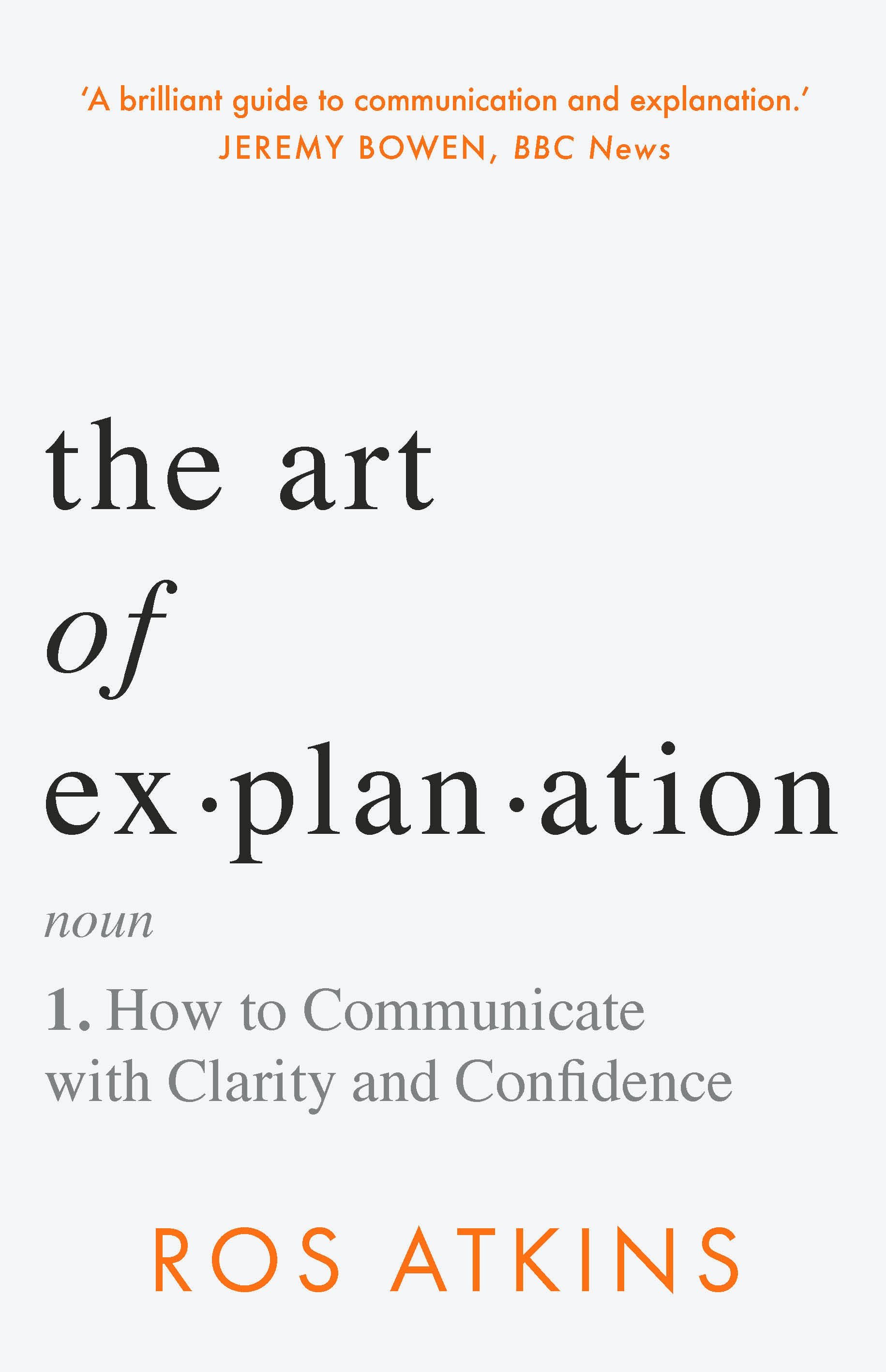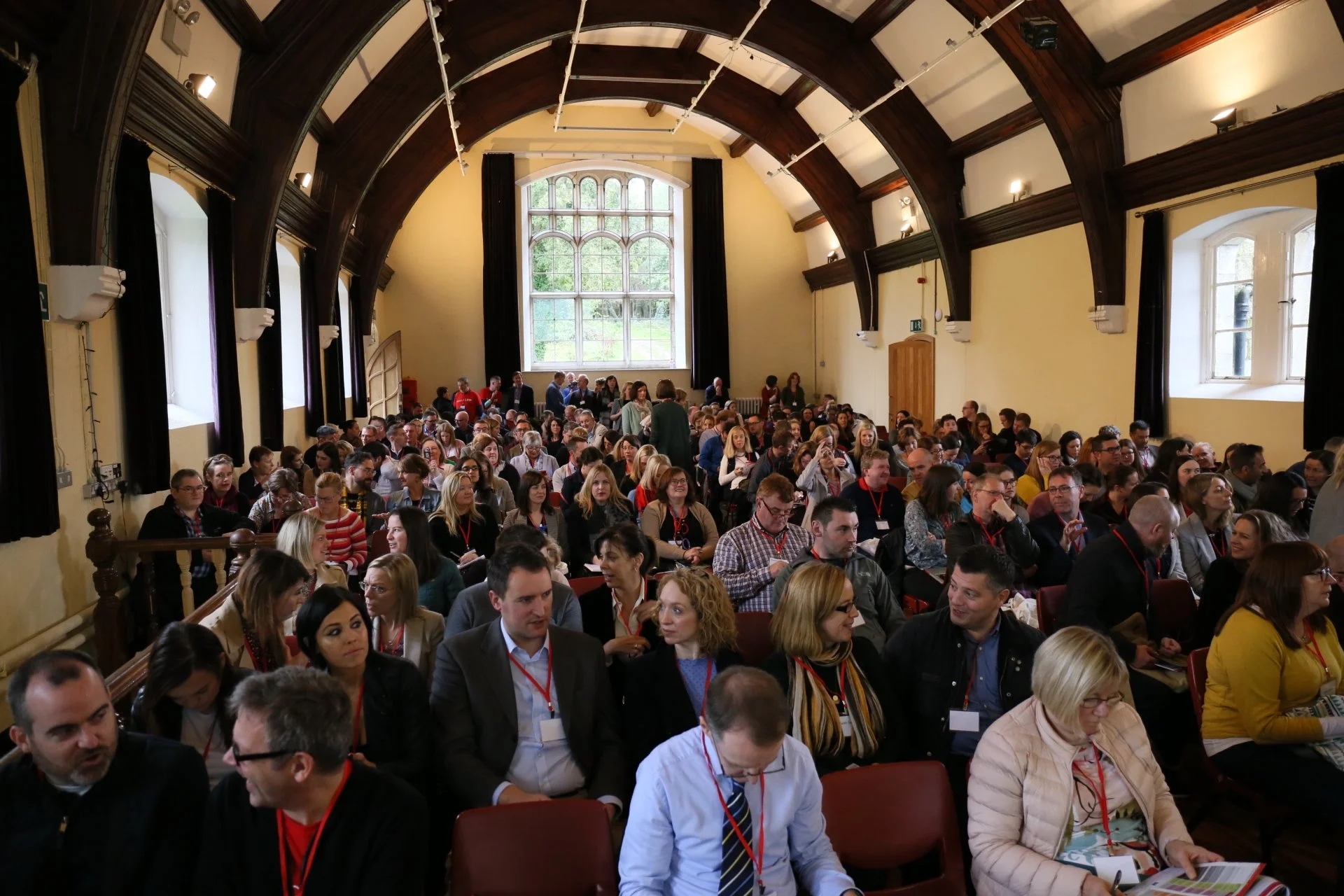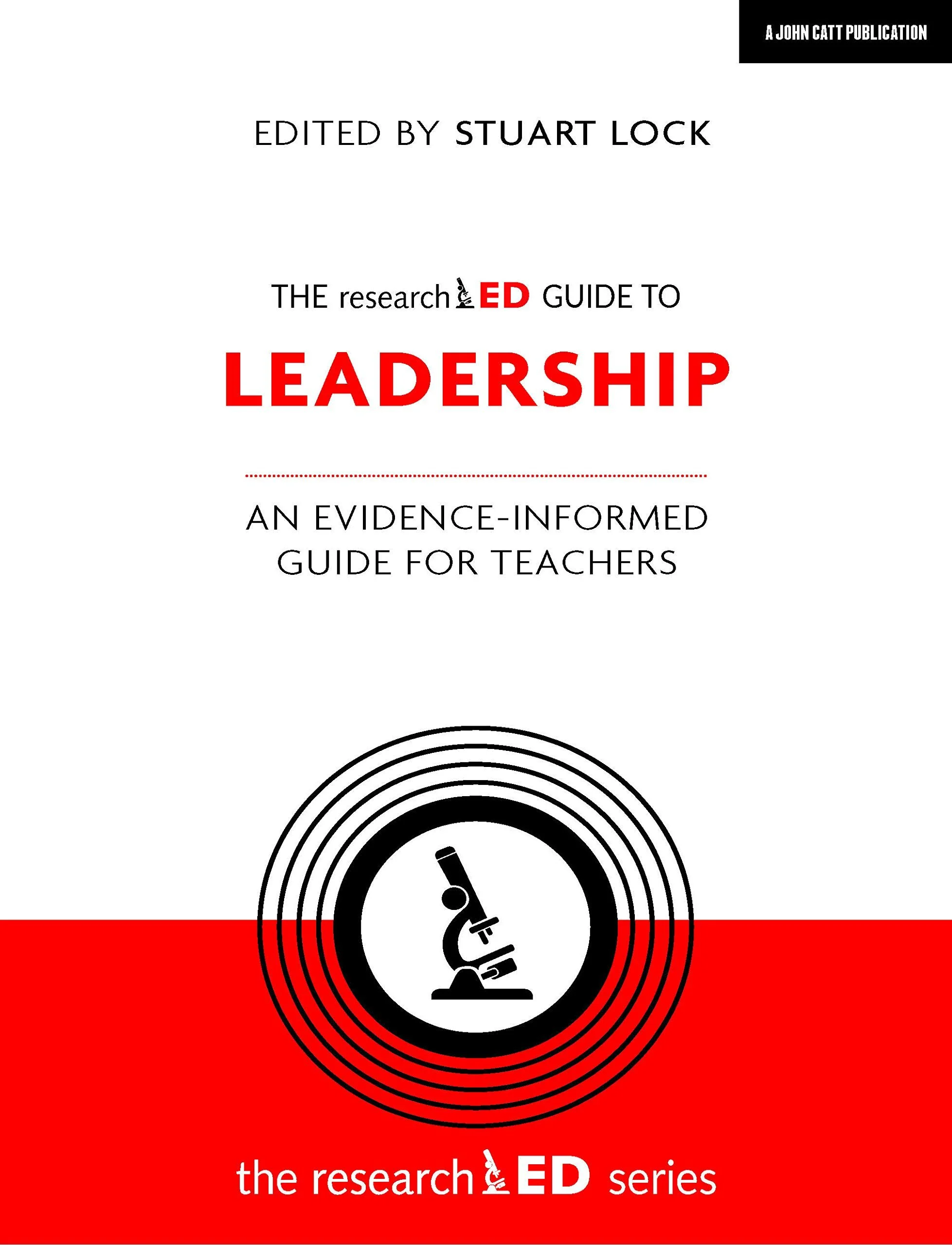'The researchED Guide to Cognitive Science' edited by Kate Jones
The researchED series of books of ‘evidence-informed guides for teachers’ has reached Cognitive Science, a volume edited by Kate Jones (Tom Bennett is the series editor). Published by John Catt, these books have so far covered topics like Literacy, Education, Assessment and Leadership (my comments on the last of those). The books have been born out of the movement which has seen many events all over the world in the last 10 years that have been so valuable and invigorating for classroom teachers, including the two rED Dublins in 2019 and 2022 in which I have been involved.
In a way it is surprising that the series is only now getting to Cognitive Science, since this is the bedrock of evidence-based teaching. However, it is welcome, and Kate Jones has assembled a fine group of writers to explain basic principles in the area: Jade Pearce, Sarah Cottingham, Adam Boxer, Jonathan Firth, Pedro de Bruyckere, Paul Kirschner and Lekha Sharma, with the editor herself contributing a chapter on retrieval practice and spaced practice. She has been one of the most prominent ‘translators’ of research in the area of retrieval practice, and her books have helped a lot of teachers act on that concept in practical ways in their classrooms. She had an enthusiastic large audience at rED Dublin 2022 (Pedro de Bruckyere in 2019 and Paul Kirschner in 2022, both brilliant communicators, also came to Dublin).
Adam Boxer starts his essay on Dual Coding Theory examining to what extent teachers can and should engage with theory. When we turn this into ‘concrete application’
we move away from the clean and controlled conditions of the cognitive scientist’s laboratory and into the messy chaos of the classroom.
Indeed: the connections between research and real-world application can be messy, like the classroom itself. But there is no more precious commodity for a teacher than time. So it is all the more important that we don’t waste it, and education has a long history of wasteful distractions: we should build what we do on firm foundations. Unfortunately too many teacher-training institutions in Ireland do not present even the basics of cognitive science to their students - not much more, it seems, than I received in the 1980s (zero).
This is a brief review, and I am not going to go through the whole book, but I thought I would single out Jonathan Firth’s chapter on Interleaving as one which particularly struck me. I have just finished reading and writing about Ros Atkins’s new book The Art of Explanation: how to communicate with clarity and confidence, and Jonathan Firth is a very good explainer of concepts (I subscribe to his Memory and Metacognition Substack, and recommend it). Firth explains crisply in a few pages how blocked/interleaved topics work:
The benefit of interleaving depends on contrasting similar, easily confused items. And the more similar the better; the technique will be most advantageous for subtle differences.
In my subject, you could fruitfully use interleaving for helping pupils clarify the various forms of figurative language.
One more chapter to comment on (all are worth reading): de Bruyckere and Kirschner write about Myths and Mutations and show how there can be grains of truth in otherwise misconceived and misapplied ideas (right v left-brained, the notorious learning styles, and so on). ‘Lethal mutations’ is the vivid phrase which is often used. At the end of their piece, they address head-on the idea that we are generating new learning myths nowadays:
Calling something a myth can be an easy way to discredit an insight, intervention or technique … What can help is to have reasonable expectations about any given approach, seeking to understand the theory behind the approach and monitoring what happens while doing the intervention or using the technique.
In recent years there have been many books helping us do just that, and this is another accessible resource for teachers.
If you are an English teacher in Ireland, and interested in more from this area as it might apply to English, I am giving a basic overview of cognitive science in a free webinar via Tralee Education Centre on Monday 15th January 2024 from 7.00pm to 8.00pm. Warning: I am not a cognitive scientist, let alone an expert in this area as are the authors of these essays.










Some notes from researchED Belfast on Saturday 28th September 2024.